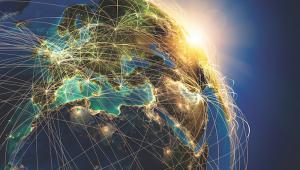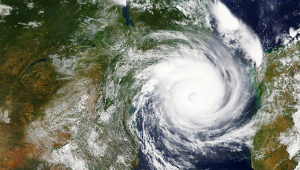Africa is particularly vulnerable to the impacts of climate change, the bank. A recent World Bank report found climate change could push 100 million people into poverty across the globe, with Africa amongst the worst affected regions. Current estimates suggest the region needs $5-$10bn per year to adapt to a global warming of even 2°C ‒ a widely accepted target.
World Bank Group president Jim Yong Kim said: “Sub-Saharan Africa is highly vulnerable to climate shocks, and our research shows that could have far-ranging impact ‒ on everything from child stunting and malaria to food price increases and droughts.
“This plan identifies concrete steps that African governments can take to ensure that their countries will not lose hard-won gains in economic growth and poverty reduction, and they can offer some protection from climate change.”
The bank’s Africa Climate Business plan, titled Accelerating Climate-Resilient and Low-Carbon Development, will be presented at COP21, the global climate talks in Paris, which begin on November 30. It lays out how the $16bn can be used to fast-track climate adaptation in Africa.
Of the $16.1bn, some $5.7bn is expected to come from the International Development Association (an arm of the World Bank) and about $2.2bn from climate finance instruments.
The development community is expected to provide $2bn, the private sector $3.5bn and domestic sources $0.7bn, leaving a shortage of $2bn if the World Bank’s plan is to be delivered.
The plan also offers an incentive for strong climate commitments at COP21, suggesting that the cost of managing climate resilience will continue to rise to $20-50bn by mid-century. This would be closer to $100bn in the event of 4°C warming.
Priority areas include the ensuring the resilience of Africa’s assets, including natural, physical and human capital, scaling up resilient, low-carbon energy sources, the provision of essential data and capacity building.
As leaders from across the globe prepare to descend on Paris for COP21, some are concerned that there may be a reluctance to make funding pledges and ambitious commitments.
The World Bank however warns that without decisive action to help Africa mitigate the effects of climate change there could be dire consequences, with millions of Africans pushed into poverty by 2030 and the continents hard-won development gains lost.













